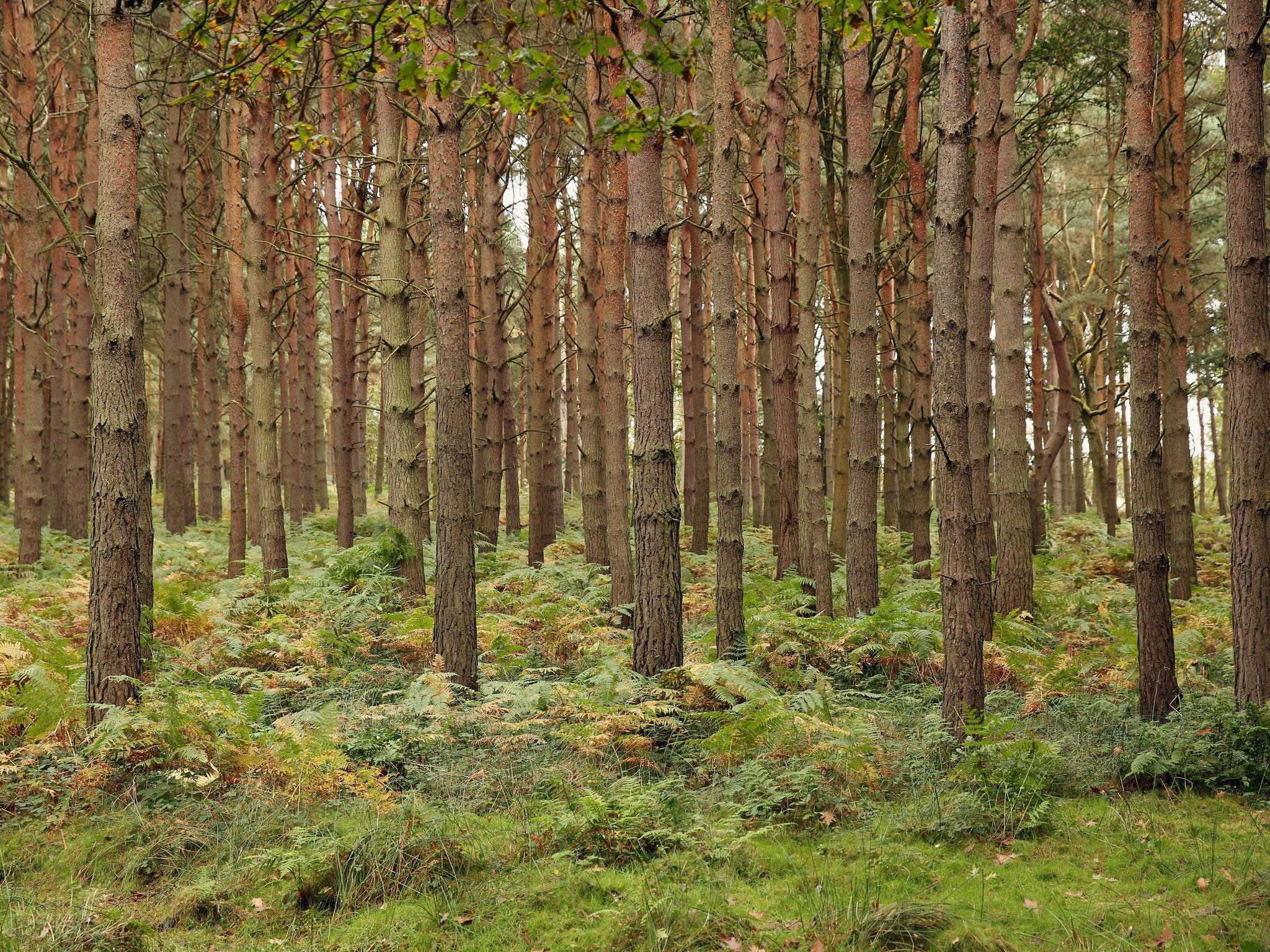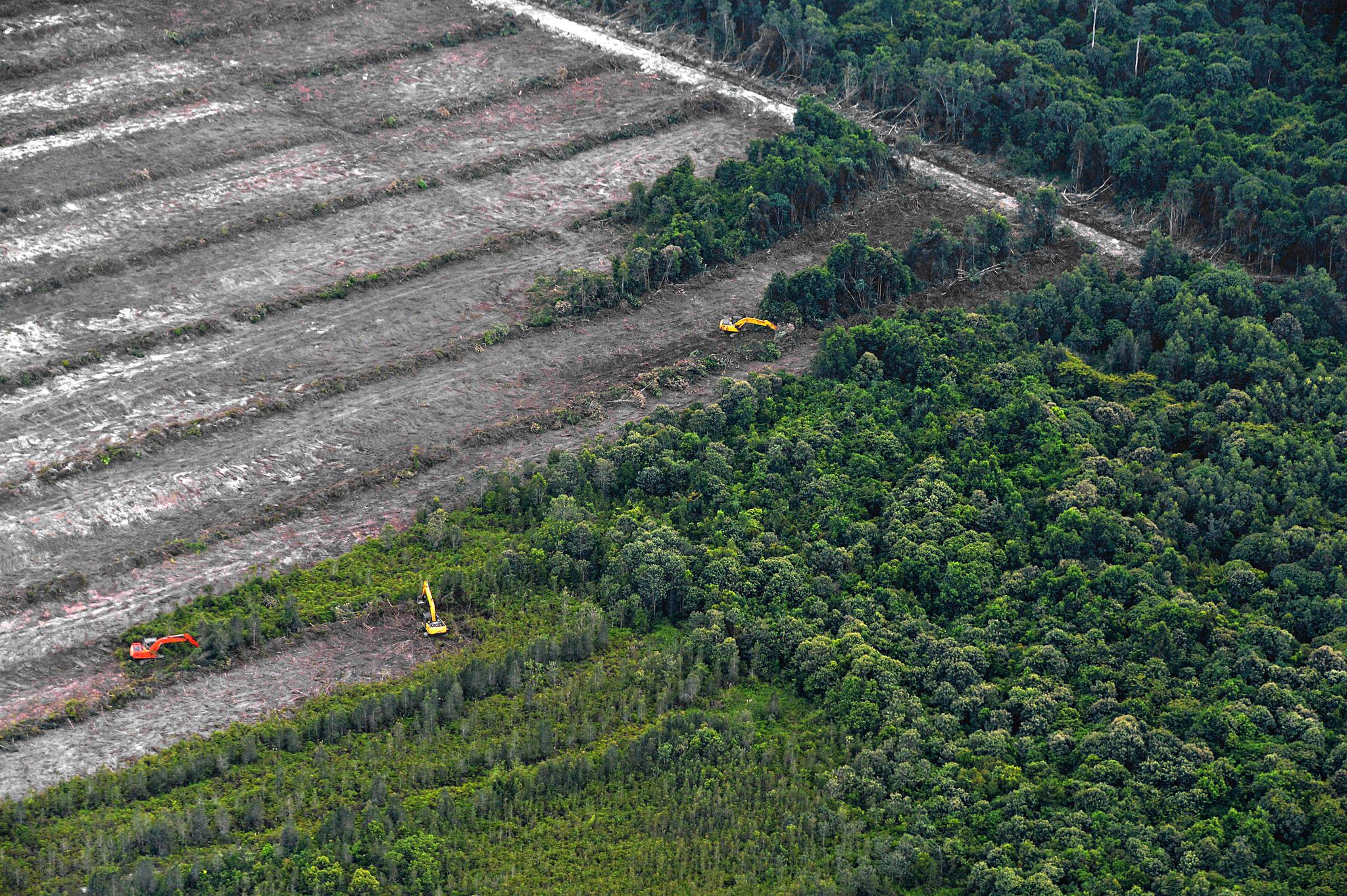There are 3 trillion trees on Earth – but they're disappearing fast
There are around three billion trees in the UK, or around 47 for each person in the country

Your support helps us to tell the story
From reproductive rights to climate change to Big Tech, The Independent is on the ground when the story is developing. Whether it's investigating the financials of Elon Musk's pro-Trump PAC or producing our latest documentary, 'The A Word', which shines a light on the American women fighting for reproductive rights, we know how important it is to parse out the facts from the messaging.
At such a critical moment in US history, we need reporters on the ground. Your donation allows us to keep sending journalists to speak to both sides of the story.
The Independent is trusted by Americans across the entire political spectrum. And unlike many other quality news outlets, we choose not to lock Americans out of our reporting and analysis with paywalls. We believe quality journalism should be available to everyone, paid for by those who can afford it.
Your support makes all the difference.A study led by Yale University researchers has found that there are over 3 trillion trees on Earth - but they are disappearing at an alarming rate.
The study found that there are around 3.04 trillion trees on Earth, or around 422 for each person on the planet.
The number is a huge increase on the previous global estimate, which was just over 400 billion trees worldwide.
The study was based on on-the-ground data about the number of trees in more than 400,000 plots of forest from all continents except Antarctica.
Researchers then used satellite imagery and assessed how the data was related to local factors like climate, human activity and soil conditions, and used the information to build a global model.
Despite this seemingly huge number, trees are disappearing fast. Around 15 billion are lost every year due to deforestation, forest management and changes in land use, the research published in the journal Nature found.
Overall, humanity has been bad for trees - the study found that since the start of human civilisation, around 11,700 years ago, the total number of trees has fallen by around 46 per cent.
Although coming up with an accurate estimate of the number of trees is an impressive feat, it also has practical applications - helping other researchers and scientists more accurately study the changing climate and the distribution of animal and plant species.
Thomas Crowther, the lead author of the study and the a post-doctoral fellow at the Yale School of Forestry and Environmental Studies, said: "Trees are among the most prominent and critical organisms on Earth, yet we are only recently beginning to comprehend their global extent and distribution."
"They store huge amounts of carbon, are essential for the cycling of nutrients, for water and air quality, and for countless human services."

"Yet you ask people to estimate, within an order of magnitude, how many trees there are and they don't know where to begin," he said, adding he was "certainly surprised" to find the estimate was in the trillions.
He said: "We've nearly halved the number of trees on the planet, and we've seen the impacts on climate and human health as a result."
"This study highlights how much more effort is needed if we are to restore healthy forests worldwide."
There are around three billion trees in the UK, or around 47 for every Briton.
The study was prompted by a request from Plant for the Planet, an initiative from the UN Environment Programme's 'billion tree campaign', who wanted a baseline estimate of tree numbers to help set targets for tree-planting initiatives.
Join our commenting forum
Join thought-provoking conversations, follow other Independent readers and see their replies
Comments